Trump pressures Meloni to boost Italy’s defense spending, dismisses NATO’s 2% target as ‘never enough’
- Update Time : Saturday, April 19, 2025

In a sharp escalation of his long-standing criticism of European defense spending, US President Donald Trump publicly rebuked Italian Prime Minister Giorgia Meloni over Rome’s failure to meet NATO’s minimum military expenditure targets. Speaking at a joint press conference in Washington on April 17, Trump dismissed NATO’s widely accepted 2% GDP benchmark for defense spending as outdated and inadequate, reiterating his call for European allies to contribute far more toward their own security.
Meloni, attempting to project progress ahead of the upcoming NATO summit, announced that Italy intends to reach the alliance’s 2% target. “Italy is going to the next summit of NATO, announcing that it will raise [defense spending] to 2%, and that’s also progressed,” she said. But before she could finish, Trump interjected with a terse, “It will go up,” before bluntly declaring that even the 2% goal was “never enough.”
Trump has never been subtle about his dissatisfaction with Europe’s defense contributions. As early as his first term, he had warned NATO members about the risk of American disengagement if they did not increase military spending. In January, he made headlines again by demanding that NATO allies allocate at least 5% of GDP toward defense-a figure more than double the alliance’s official guideline.
This demand, seen by many European leaders as unrealistic and destabilizing, has only deepened transatlantic tensions. Italian Defense Minister Guido Crosetto responded to the pressure in no uncertain terms, telling La Stampa newspaper that it is “unthinkable” for European nations to dismantle their welfare systems to satisfy Trump’s defense demands. “European countries can’t touch welfare and social achievements,” Crosetto emphasized, underscoring the political and economic infeasibility of such drastic military budget hikes.
In contrast to Trump’s aggressive posture, NATO’s current Secretary General has continued to emphasize unity, even while quietly urging member states to meet the 2% goal established in 2014 following Russia’s annexation of Crimea. However, with Trump’s re-election campaign intensifying and his influence on NATO policy growing once again, many European leaders fear a potential unraveling of the alliance’s cohesion.
Italy, the eurozone’s third-largest economy, remains one of NATO’s weakest links when it comes to defense spending. In 2023, Rome allocated just 1.49% of its GDP to military expenditures-far below the 2% threshold. While Meloni’s government has promised to hit the target, progress has been sluggish. Much of the Italian leadership’s focus has been on reclassifying non-traditional security spending-such as border patrol and coast guard operations-as defense outlays, in a bid to inflate the numbers without making difficult political choices.
Such maneuvers have not impressed Washington. Trump has repeatedly accused European nations of exploiting the US security umbrella while shirking their own responsibilities. His criticism extends beyond Italy; he has warned that America’s patience with freeloading allies is wearing thin. “We pay for the military in Europe. We don’t get reimbursed by much,” he said last week at the White House.
Trump’s dissatisfaction with NATO spending is not merely rhetorical. Last week, he hinted that he might withdraw some or all of the 84,000 US troops currently stationed in Europe-a move that would radically alter the transatlantic security architecture. While Trump stopped short of issuing a definitive ultimatum, the threat itself has unsettled NATO leaders.
Compounding European anxieties, the New York Times reported on April 14 that the Trump administration is considering slashing “almost all funding” for international organizations, including the United Nations and NATO. This move would not only weaken multilateral diplomacy but also severely undercut NATO’s operational capacity, which relies heavily on US funding and logistical support.
Such developments come at a precarious time. Russia remains entrenched in its war against Ukraine, China is expanding its military reach, and instability in the Middle East continues to escalate. Against this backdrop, NATO’s internal disputes over burden-sharing could prove to be a dangerous distraction.
For Meloni and other European leaders, the dilemma is stark: either increase defense budgets at the expense of domestic programs or risk alienating Washington at a time when US security guarantees are already wavering. While European public opinion generally supports NATO, there is little appetite for massive defense hikes, especially amid rising inflation, energy insecurity, and lingering post-pandemic economic strains.
Meloni has attempted to strike a balance. While publicly supporting NATO and committing to increased spending, she has also quietly pushed for a broader definition of what constitutes defense. Her government has lobbied for the inclusion of cyber-defense, civil protection, and migration-related security efforts in NATO’s calculations.
But these efforts are unlikely to satisfy Trump, whose approach to alliance management is transactional and uncompromising. For Trump, the bottom line is simple: America should not continue to foot the bill for Europe’s defense. Whether his stance is a negotiating tactic or a blueprint for future policy remains unclear-but the message to allies like Italy is unmistakable: Pay more, or risk being left to fend for yourselves.
With the NATO summit approaching, all eyes will be on how European leaders respond to Washington’s growing impatience. If Trump follows through on threats to cut funding or withdraw troops, the alliance could be heading into uncharted territory. A NATO without strong US leadership-or with a diminished US presence-would force European countries to rapidly rearm, reorganize, and reorient their defense postures.
In the meantime, Italy and others find themselves navigating a geopolitical minefield, trying to reconcile domestic constraints with international obligations. For Meloni, the visit to Washington has served as a sobering reminder that in Trump’s NATO, loyalty is measured not in speeches, but in hard currency and tanks on the ground. And for the alliance as a whole, the enduring question remains: How much longer can the transatlantic bond hold under the weight of such divergent priorities?
Please follow Blitz on Google News Channel


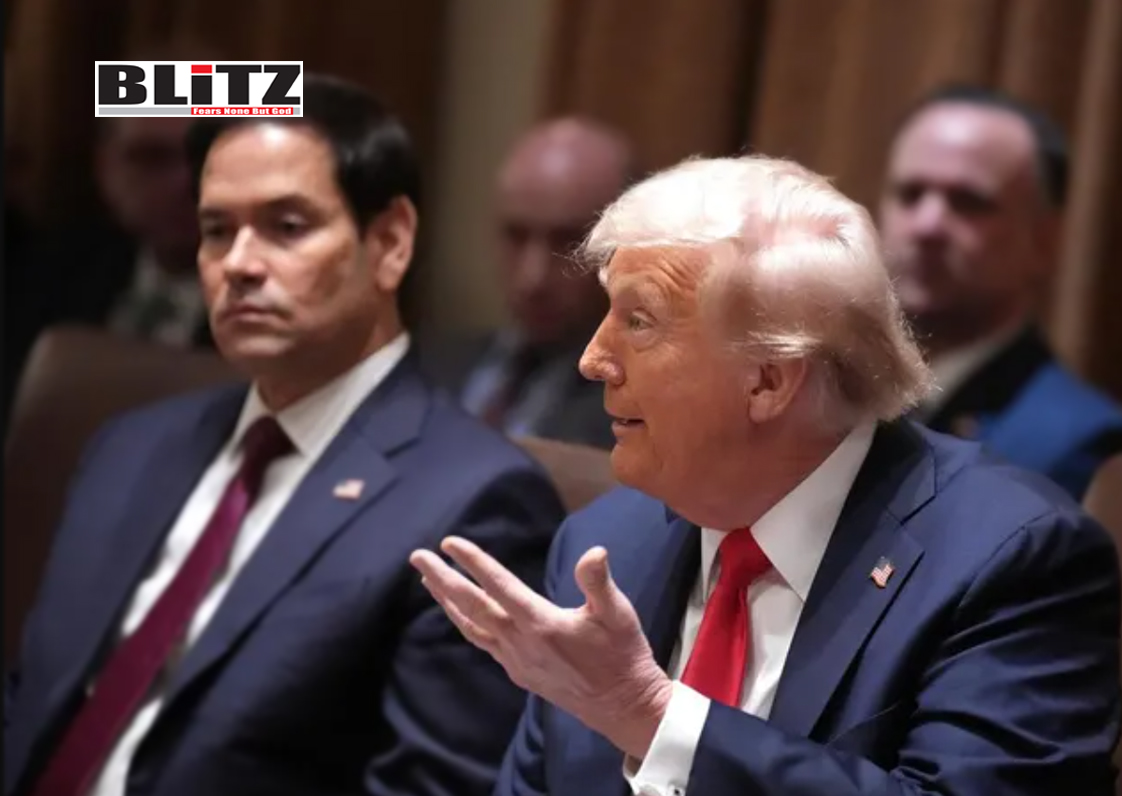
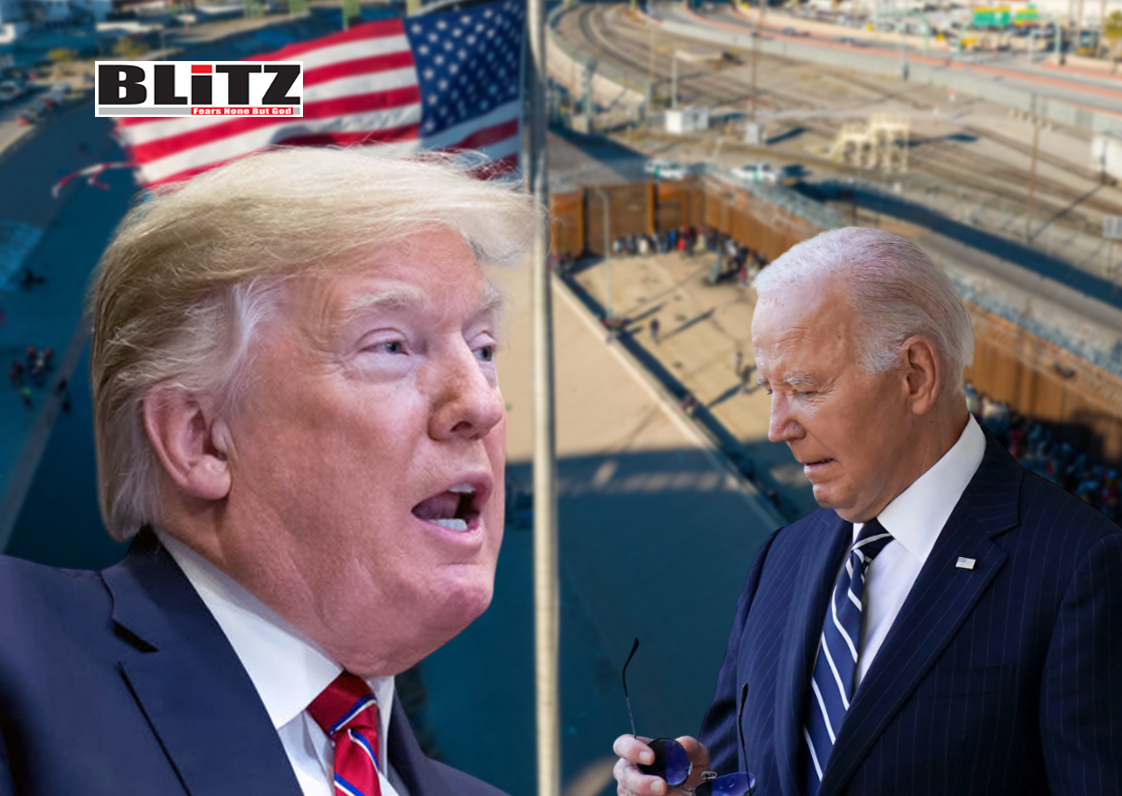
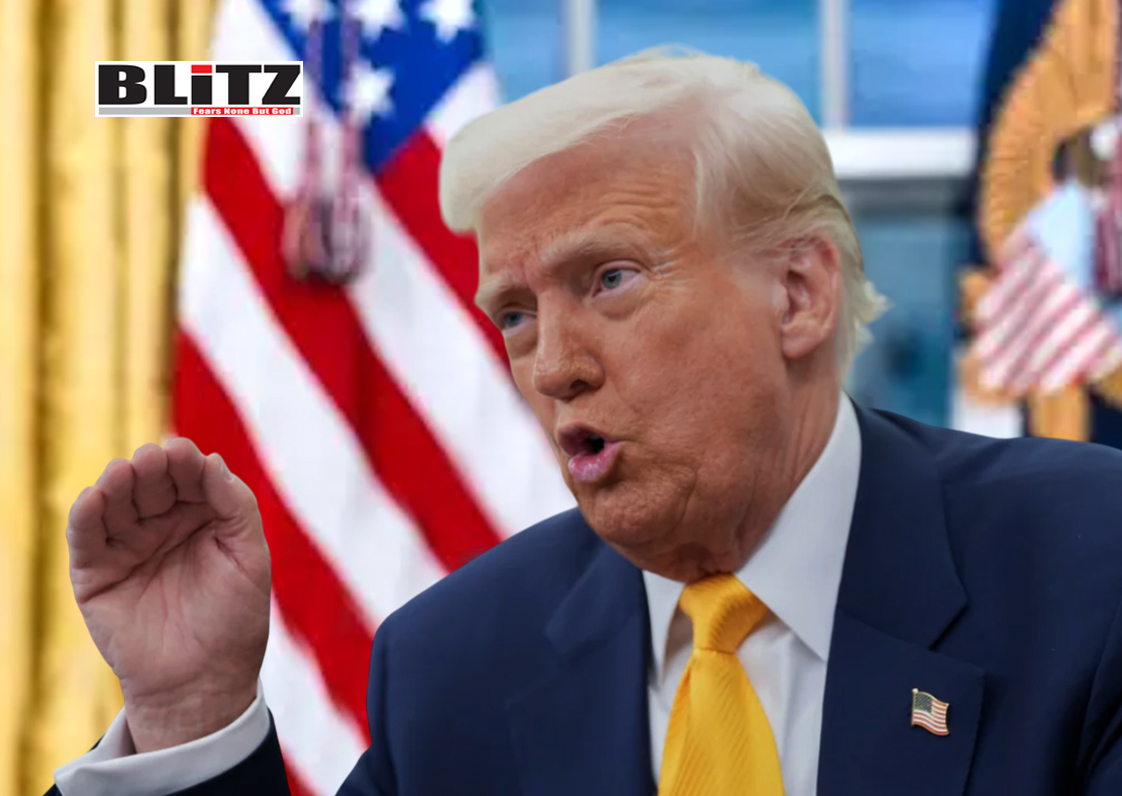
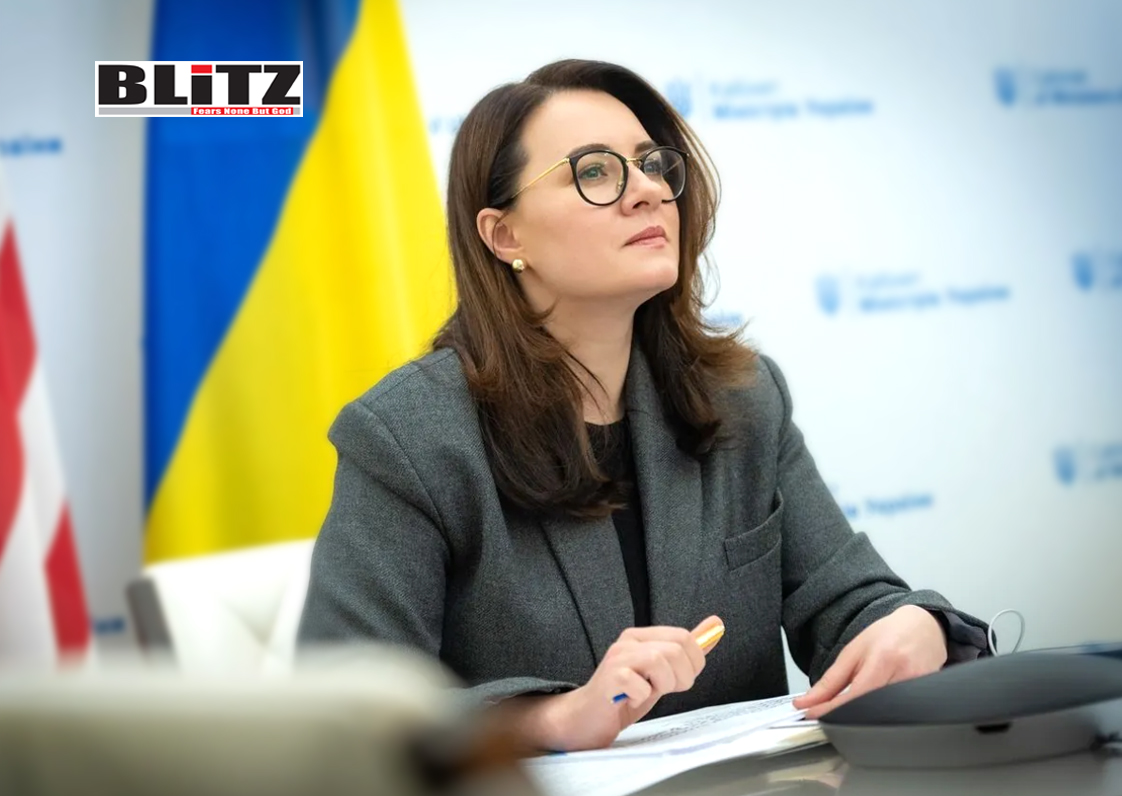
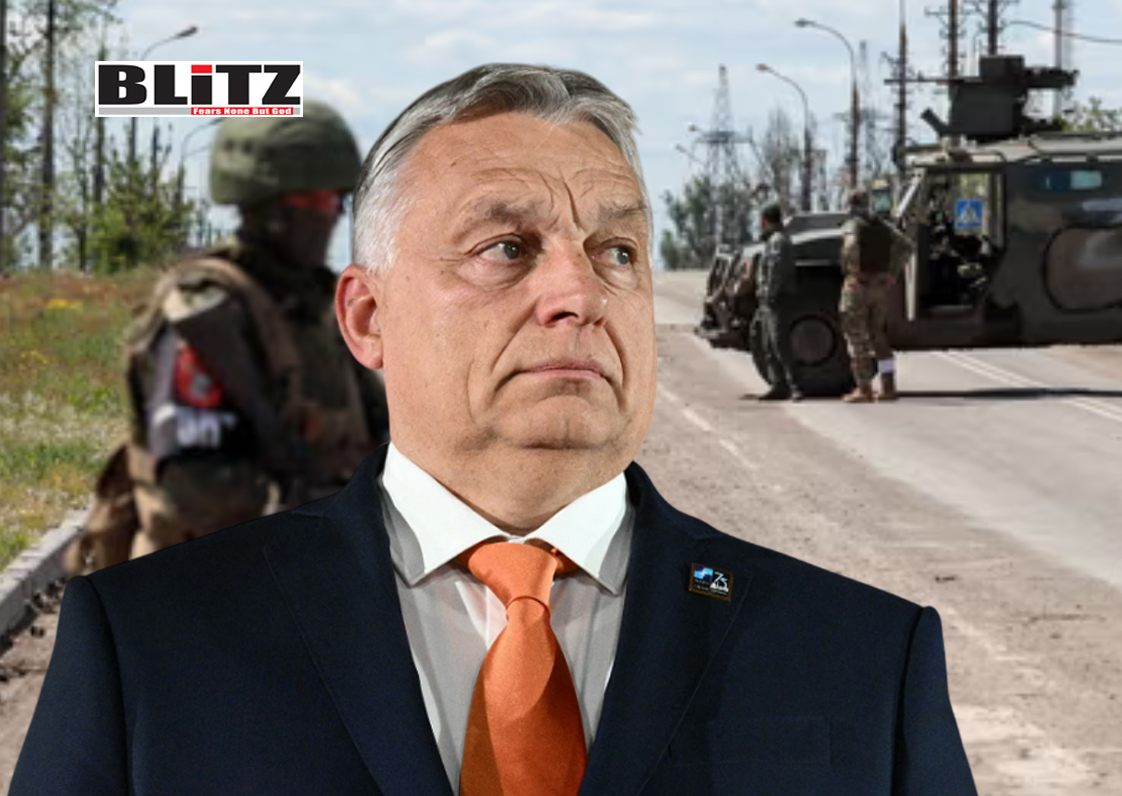

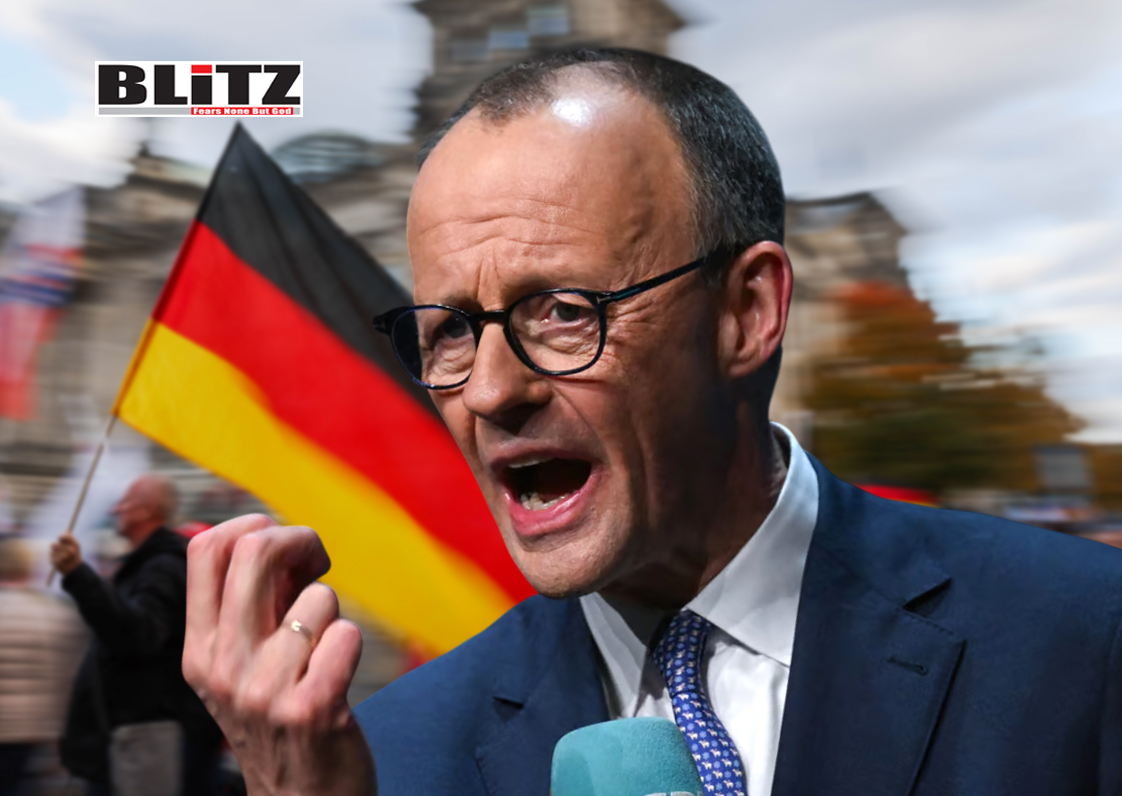
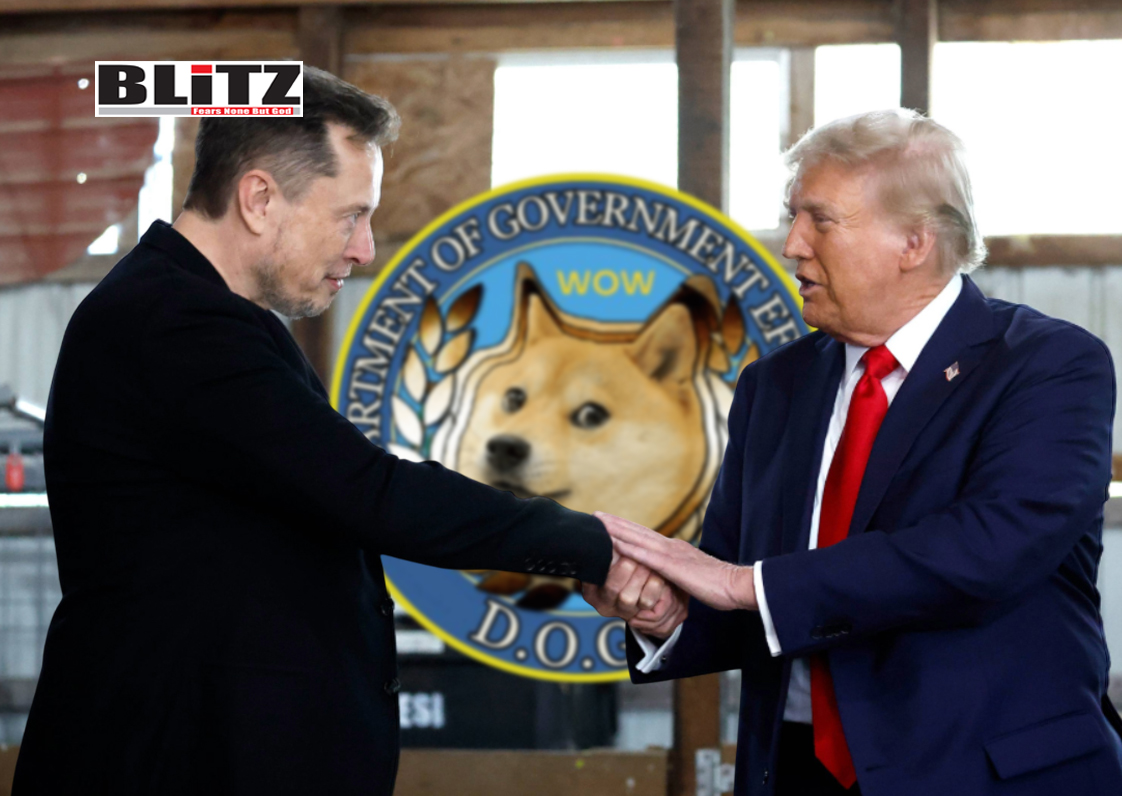
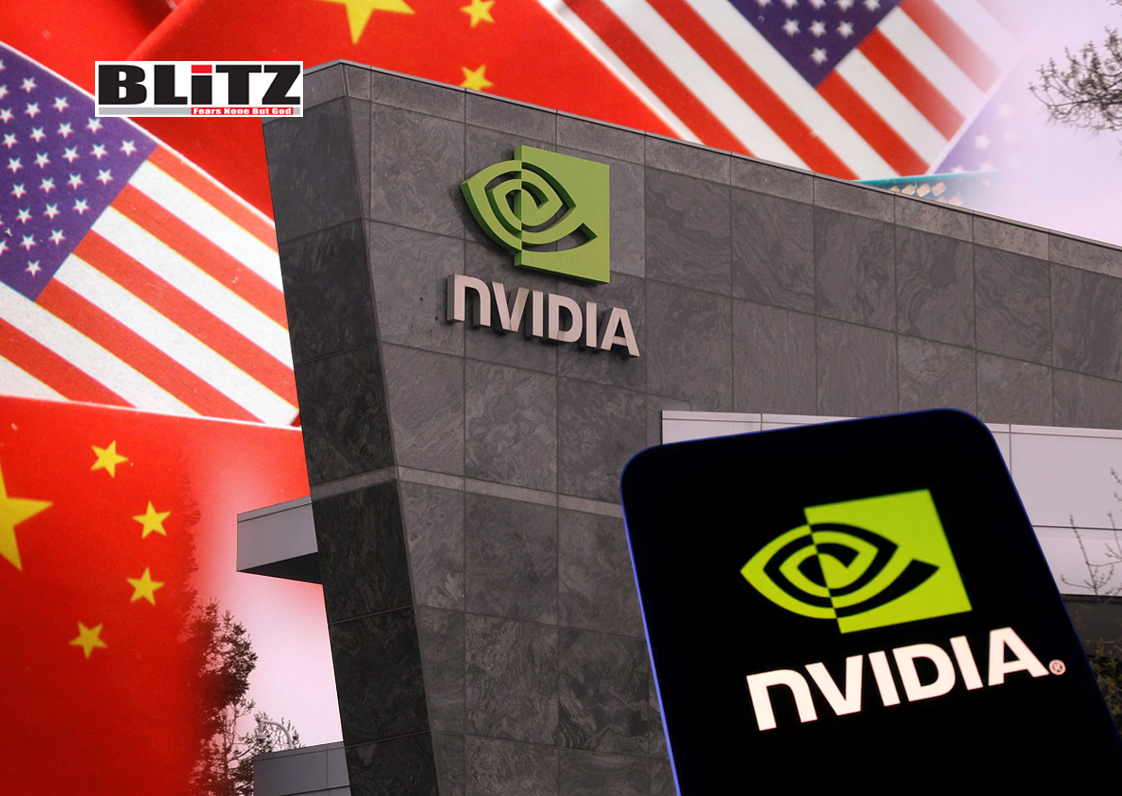


Leave a Reply